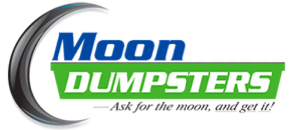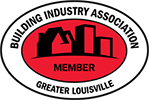What Can I Recycle in Louisville Kentucky?
Disposing of waste in a clean and environmentally friendly manner is hard. From overrun landfills to bigger issues like this “garbage patch” in the Pacific Ocean, we clearly have some problems surrounding what to do with our garbage. Recycling is one solution and a great way to practice sustainability and conservation from home. Most cities, including Louisville, even have recycling pickup programs to make recycling as easy as possible. However, sometimes recycling can be confusing. Keeping track of everything you can and can’t recycle can leave you feeling lost, and may prevent some from recycling at all. That’s why we’ve put together this simple guide of what you can and can’t recycle here in Louisville, Kentucky.
Do Recycle
Paper and cardboard are recycling no-brainers. Things like newspapers, broken down cardboard boxes, and paper/cardboard drink cartons are all items that you can recycle with no issues. Similarly, you can also recycle most plastics. Things like water bottles, milk jugs, and food packaging are also allowed to be recycled in Louisville. Glass is another material commonly accepted. So if you have some old bottles or jars around the house make sure not to throw them away! The last material on our list of recycling “do’s” is metal. This includes empty cans, foil, and small foil/tin pans.
Don’t Recycle
Although the categories above contain many recyclable items, there are some notable exceptions. For example, although most glass and plastic items are accepted by the city, plastic bags and lightbulbs are not. Luckily, many stores like Kroger have their own recycling programs if you’d like to recycle your used shopping bags. Louisville also provides special recycling programs for recycling out of the ordinary items such as light bulbs, cooking oil, electronics, and batteries. Also, unfortunately styrofoam is not accepted for recycling pickup in Louisville, meaning throwing it away is the best course of action currently.
No fluids or hazardous materials are ever accepted for recycling pickup in Louisville. However, if you’re willing to put in a little extra effort, there are alternatives. Although potentially toxic materials like oil/lead based paint and old motor oil cannot be recycled normally, there are special facilities that accept them, like Louisville Metro’s hazardous materials disposal bin at 7501 Grade Lane. Always be extra careful when attempting to dispose of materials like these, since in the wrong places they could cause significant damage to the environment.
What to do if you can’t recycle
Sometimes recycling just isn’t a reasonable waste management solution. Maybe you have too much waste to recycle, or maybe you are trying to dispose of materials that are not usually accepted for recycling like wood or old furniture. If this is the case, then Moon Mini Dumpsters might be what you need. Moon provides dumpsters of many sizes, from 6 to 40 cubic yards, to customers across Kentuckiana. Also, Moon Dumpsters is environmentally friendly, making every effort to recycle as much as possible, so you don’t need to feel guilty about throwing things away. If you live in Louisville or Lexington and are looking for waste management solutions, click here or call at (502) 772-2821 to learn more about Moon Companies!
Consider renting a Moon Mini Dumpster, no matter what size project you choose to undertake. Our driveway dumpsters come in 6, 9, 12, 16, 20, 30, and 40 cubic yard capacities. Affordable and lightweight, a dumpster will be delivered directly to you and placed on boards for surface protection. We are environmentally-friendly, locally-owned, and willing to work with any time frame. Give us a call at 502-772-2821 to learn more!

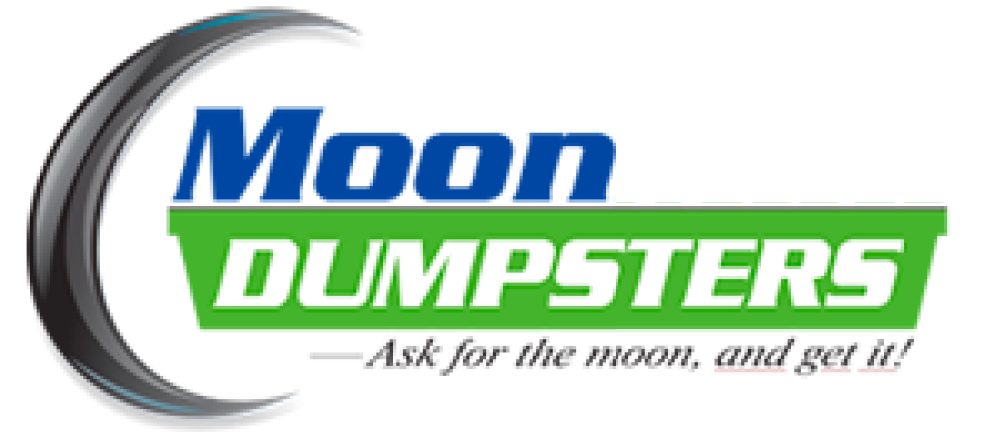
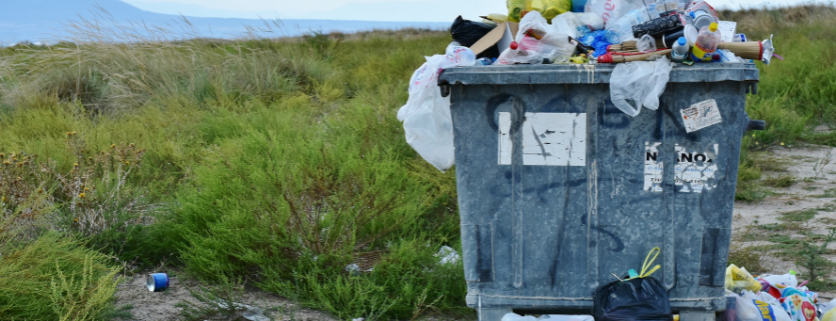
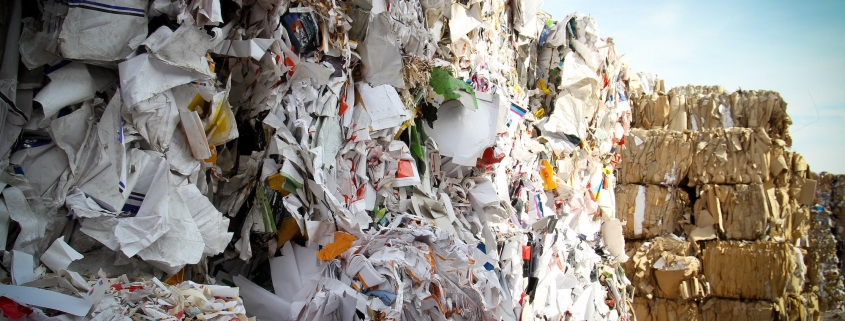
 A study commissioned by the
A study commissioned by the 
